Living Where Your Sexuality is Illegal
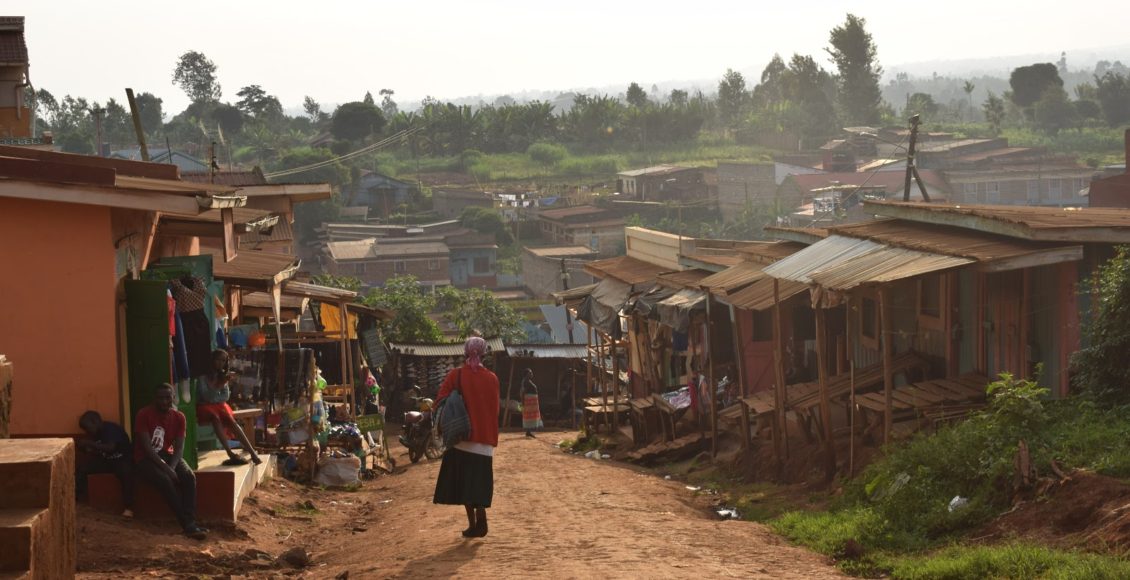 A woman in Kianyaga, Kenya walks to the market.
A woman in Kianyaga, Kenya walks to the market.
Living in a country where your sexuality is illegal is kinda off-putting, at least when you’re from a place where the Prime Minister attends Pride parades. I lived in Kenya for three months doing an internship with IMPACT, the Indigenous Movement for Peace Advancement and Conflict Transformation (read more about the experience here). As someone who identifies as bisexual, I found myself adjusting the way I spoke about queerness. I stubbornly faced the fact that being openly queer just isn’t safe in many parts of the world.
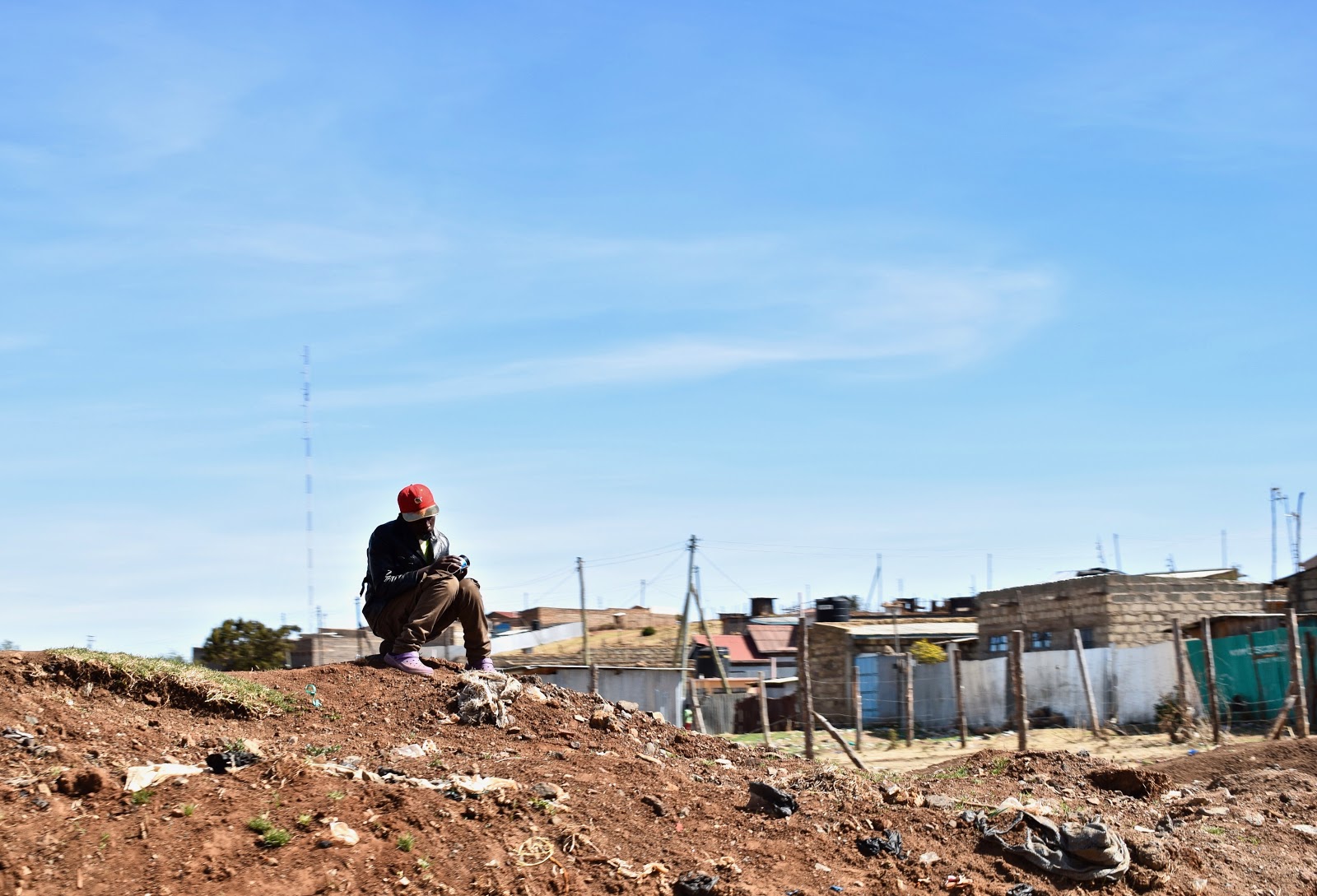
The fact of the matter is that “consensual same-sex sexual acts” are criminalized in over 70 countries. In 26 of those countries, the penalty varies from 10 years in prison to a life sentence, with the death penalty a possible punishment in 7 countries. The Kenyan penal code punishes acts “against the order of nature,” usually interpreted as sex between non-straight partners, with up to 14 years in prison. The law does not criminalize the identity of queer people, since that’s a tough one to enforce, but it criminalizes adult same-gender “intimacy.” That means that gay sex is illegal, sure, but “intimacy” extends to nonsexual behaviours too. If you’re interested in learning more about these Kenyan laws, I highly recommend episode 3 from the hilarious sex-positive podcast called “The Spread,” in which guest Eric Gitari, a human rights lawyer working at the National Gay and Lesbian Human Rights Commission in Nairobi, answers all of our questions about sexual rights in Kenya.
Let’s back up a second. I didn’t know all of this information when I arrived in Kenya, and, to be frank, I lived the majority of my day-to-day in Nanyuki (3-4 hours north of Nairobi) without thinking about it. Since I was told homosexuality was a taboo topic that I shouldn’t bring up even before I left Montreal, I accepted it as such upon arrival. For the most part, I was too busy getting into a routine, traveling, trying new foods, meeting new friends, and learning Swahili to lose too much sleep over sexual rights. There are, however, a few key times the topic did come up, and it left me with a mix of emotions. We’ll call them “aha” moments, or, more accurately, “yikes” moments. This blog post explains a few of them, with the accompanying reflections they inspired.
The first time I realized I was more conscious of my bisexuality in Kenya than in Canada was just days after arriving to Nairobi. Long unrelated story short, I took a picture of an embassy I didn’t realize I wasn’t supposed to take a picture of, and got in trouble with the police. I repeat: I got in trouble with the police for taking a picture of an embassy. ANYWAY, the whole fiasco mostly consisted of security guards questioning me about my “intentions.” After thirty minutes of explaining I could delete the picture, they let me go. As soon as I got my phone back, I deleted a dating app.
Why did I do that? The thought process was crystal clear at the time, but now I realize it might need an explanation. What if the police had clicked on the app and seen my settings were for men and women? Would that have lengthened the questioning period? It’s not that I felt in any real danger, but I wanted to avoid unnecessary trouble and power trips. Since I wasn’t planning on using the app abroad anyway, I deleted it without thinking. It was just to make my life easier.
Only months later do I reflect on that instance and find it interesting that in order to “make my life easier” I was taking steps to conceal aspects of my identity I hadn’t even considered to be relevant before. Maybe in the end I dodged a bullet. I later learned that Kenyan police can actually arrest you if you’ve been searching for romantic involvement with somebody of the same gender through a dating app. I repeat: you can be jailed for your browsing settings on Tinder. In fact, it’s grounds for five years of imprisonment in Kenya. Just for being curious!
Another instance which struck me was on May 24th, a few weeks after arriving, when Kenya’s High court upheld laws criminalizing homosexual acts between consenting adults. It was a devastating blow to the progressive movement in Nairobi, which had hopes to abandon these laws. At the time I was disappointed, sure, but I wasn’t surprised by the ruling. Maybe it’s because by that time I hadn’t heard any Nanyuki locals even so much as mention homosexuality, which perhaps represented popular opinion better than Nairobi’s LGBTQ+ advocacy champions. My pessimism could have also been related to spending a week in rural Samburu communities where women can’t own land. I was kind of in a “glass-half-empty” mood.

When I heard about Kenya’s High court decision on May 24, I wish my gut instinct was to want to take action, or create a petition, but it’s almost as though my foreignness excused me from the responsibility of doing so. I’m embarrassed to say that at the time, I had the tenacity to admit that the court’s decision was upsetting, yes, but I wasn’t overly distraught by it since the law didn’t impact me directly. Selfishly, the relief of having sexual rights back home overtook my consideration for the lack of sexual rights in Kenya. Now that I’m back home, I wonder if not dwelling on the topic was just a defense mechanism to prevent me from fully considering what it would be like to live under a constant cloud of fear, which had to be the quiet reality for people I was living amongst.
The whole thing was a bit confusing, I might add, because I was living in a bubble of double standards. There was a group of eight other students from my Canadian University engaged in their own summer internships in other parts of Kenya. We’d get together every other weekend and go on some fun trip exploring different parts of the beautiful country, like Hell’s Gate National Park or the beautiful Diani beach. Perhaps ironically, over a third of us weren’t straight, so talking about same sex relationships in that bubble of a group was as normal as talking about straight relationships. When one person said, “I went on a date!” another would ask, “Was it fun? Guy or girl?” Nobody lifted an eyebrow.
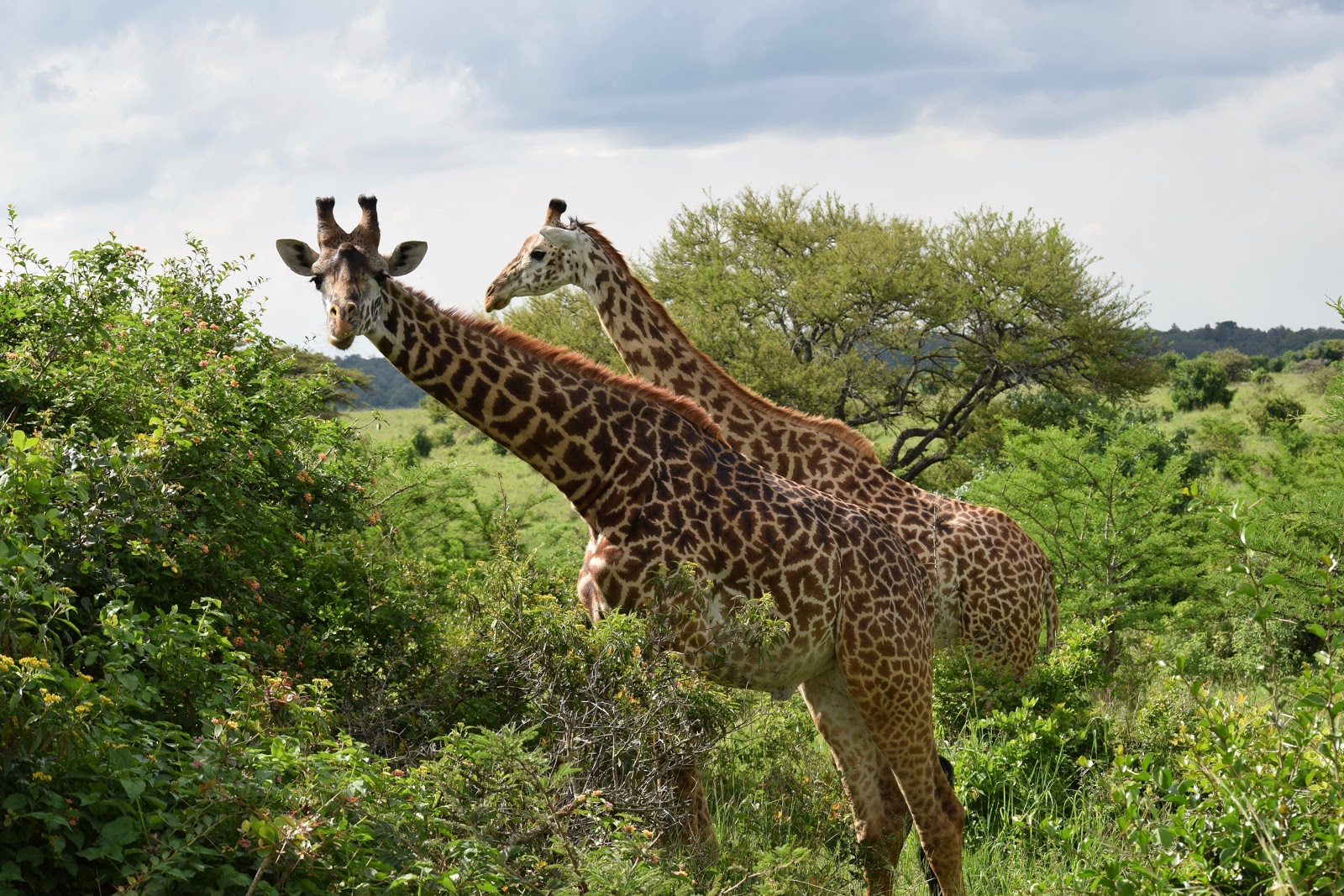
But, again, it was a bubble. It meant that depending on who was around, I would adapt the way I broached topics. Whereas I might drop a female name here and there when talking with them about love interests or crushes, just as I did with male names, I was careful not to drop gendered pronouns when any kind of similar discussion came up outside this bubble of friends. Maybe I should have. Maybe that would have done more to normalize queerness than anything else I could have done.
The double standard felt wrong, of course. For somebody so stubbornly supportive of the idea of loving whoever you want, it was hard for me to see myself adjusting to the social circumstances. I just didn’t feel safe telling the whole truth, especially after hearing people say that homosexuality was an “abomination,” which admittedly, I’d also heard in Canada. Unlike in Canada, though, I wasn’t quick to label these Kenyans as homophobes seeing as socialization has to do with how people relate to topics. After all, in middle school I also said “that’s so gay” without fully understanding what that meant. It’s just that these conversations with people recoiling at the mere mention of the LGBTQ community didn’t exactly inspire wearing a rainbow flag. I never felt in physical danger, but I learned that social stigma can feel dangerous.
In many circumstances, I didn’t feel comfortable bringing up the topic even when I was curious. There were a few instances I did, of course, because I’m stubborn and like asking questions more than I like adhering to social norms. Once I was in Mombasa and a woman told me that Muslims were more likely to engage in anal sex than Christians. I’m not convinced there’s any truth to that, but her theory was riveting, and funny, as we sipped on Swahili coffee. In another instance, a friend claimed, “we don’t do that here” when I asked if there was an underground gay scene in Nanyuki.
I want to make it clear that there are straight people and not straight people in every country in the world. Sure, in some places the gay scene is so well-hidden that people might claim their country has no homosexuals at all. But let’s talk facts. Pakistan, a country where homosexuality is punishable by death, is one of the leading consumers of gay porn. That must mean there are a least a few gays in Pakistan, right?
I guess I’m just saying that even though I heard less Kenyans talk about queerness than Canadians, I’m not convinced that a smaller percentage of Kenyans have homosexual fantasies than Canadians. Maybe less Kenyans act on those urges considering the social repercussions of doing so. I don’t have the numbers, nor does data exist. I’m just raising the point that while perhaps people “don’t do that here” in the public eye, that doesn’t mean they don’t think about it or do it in secret. It’s just that the legal protection isn’t in place. After a few weak attempts of trying to find Nanyuki’s gay scene, I gave up. I had just a few weeks left on my visa anyway, and I figured I didn’t want more stress after already being on a watchlist for taking pictures of an embassy.
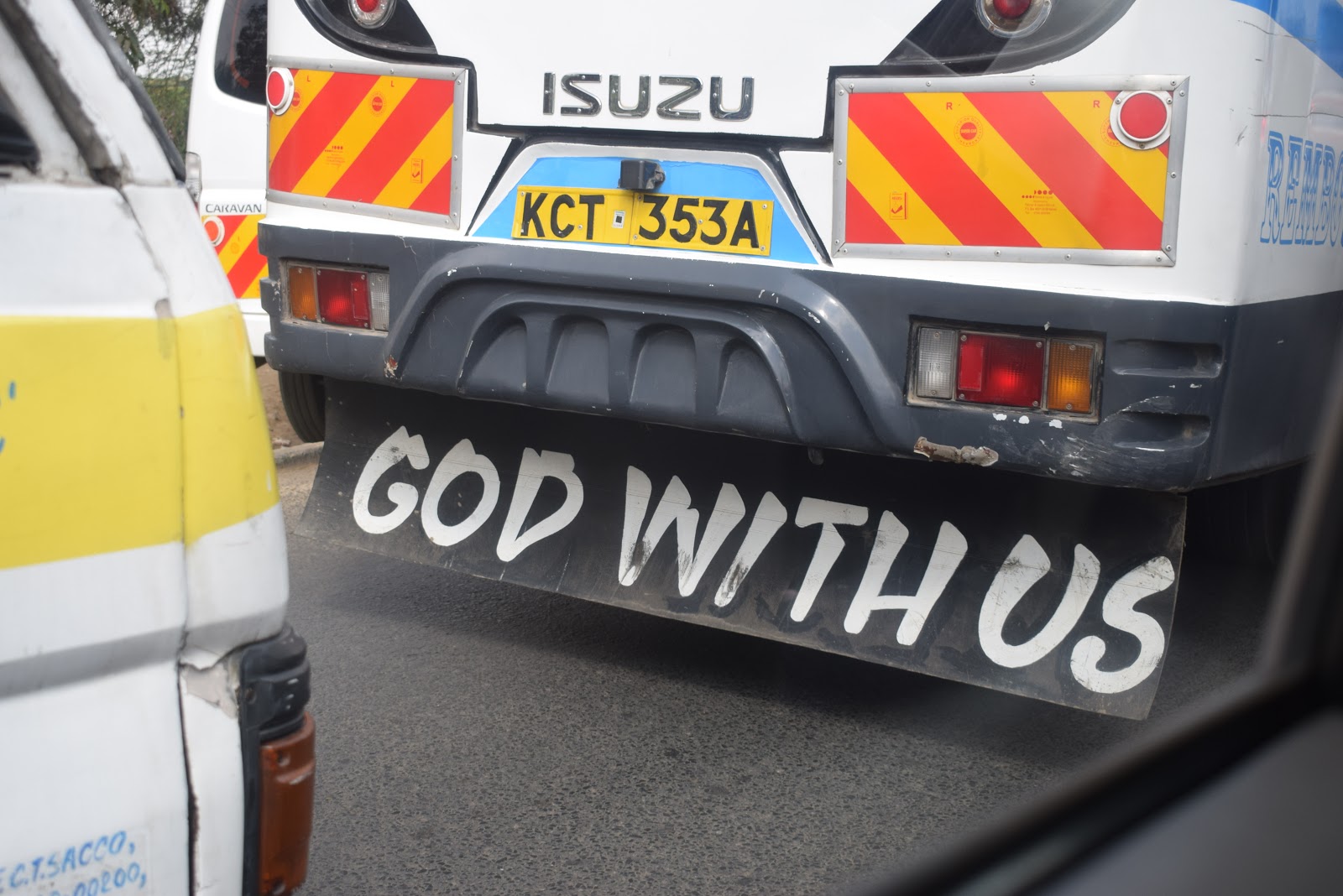
The final anecdote I’ll recount is perhaps the most telling of all. I was gathered with my bubble of Canadian friends and one Kenyan friend during the last week of time abroad. The conversation turned to dating. One of my Canadian friends accidentally dropped the *female* name of somebody I’d been talking to since I left Montreal. My Kenyan friend looked at me and asked, “Is it true?”
It was like a scene from a movie, where hitting pause can’t undo the tangible stomach drop after an unexpected turn of events. In Montreal, it might not have occured to me to feel anything but ambivalence at the question because I generally live my life with the belief that the world knows sexuality is fluid. After three months in Nanyuki, however, I had become so absorbed in the taboo that I looked to her and felt more powerless than I had in years. Would this change how she saw me? Would she see me as ill? Would she start praying for my soul? It’s relevant to note that this particular friend, the best friend I made during my time in Kenya, is from a very rural, very traditional area. Over the months, even though I spent countless hours with her, I had made a conscious choice not to drop any hints because I couldn’t imagine she would understand. In the moment, since I had no choice, I was honest with her question. The chatter quickly returned to normal. But I was shaken up.
The whole ordeal was a good lesson for me. I had assumed that just because she came from a certain sociocultural context, that she was unlikely to be understanding towards the context I was coming from. The next day she came to me and told me that she knew I was distraught about the prior evening, so she clarified that I was her friend before she knew and she’s still my friend today. Although I still would have preferred to have told her on my own terms, I think the abruptness of the situation allowed me to better understand how we can become so reliant on cultural stereotypes that acceptance of differences seems impossible. But acceptance isn’t impossible. There are open-minded people everywhere, and by assuming she wouldn’t understand, maybe I was the one being close-minded. The fact of the matter is that cross-cultural honesty can lead to cross-cultural understanding, at least in some cases.
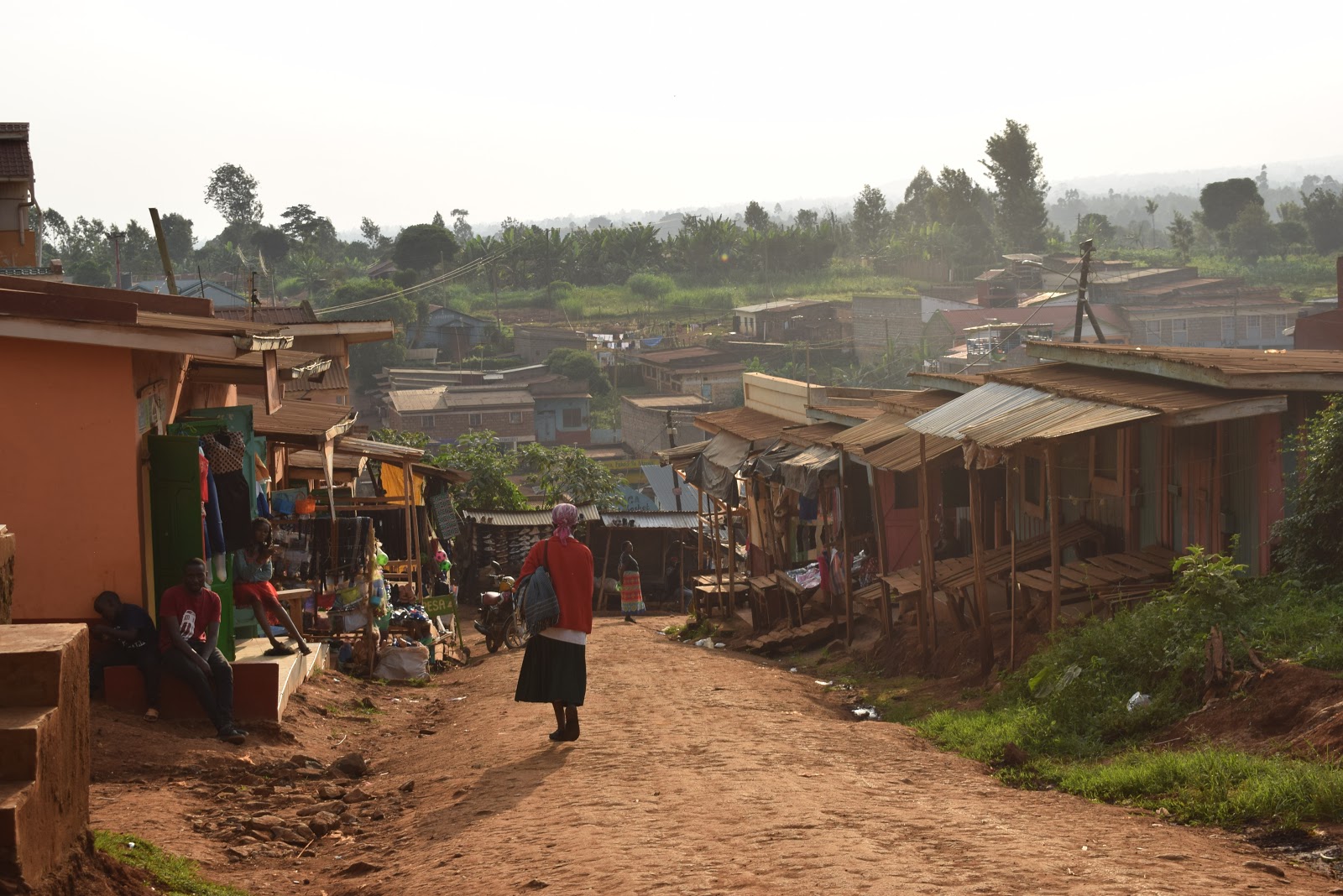
I’m still not certain whether or not a foreigner like me should have a voice in shaping a country’s legal code when I’m not from that country. Are LGBTQ rights a form of colonialism in which the Global North continues to impinge their almighty ideas? Maybe… but I’m increasingly thinking it’s not. Although there is no definitive right from wrong, the fact that the LGBTQ+ movement exists in Kenya suggests that there is a need for adapting Kenya’s legal code to be more inclusive. Plus, Kenya’s anti-gay laws were inherited from the British penal code, so perhaps supporting activists in Kenya is actually a form of decolonization. Furthermore, great strides have already been made to make the 2010 constitution more inclusive of minority groups. Although I don’t think I have any right to lead the charge in a context I’m not familiar with, that doesn’t mean I can’t support lawyers like Eric Gitari (from the podcast episode mentioned above) doing work I can fully get behind. One main takeaway for me is that laws do influence public opinion and can be used as tools to protect vulnerable populations.
Finally, Kenya’s anti-gay laws are much more relaxed than many other parts of the world. The fact that LGBT refugees from Uganda escaped to Kenya for legal protection suggests that Kenya might be more welcoming than the above reflections suggest, at least compared to neighbouring countries. In Kenya, the indication of romantic involvement between couples of the same gender is grounds for jail time. In other parts of the world, like in Brunei, it’s grounds for stoning to death.
In closing, temporarily living in a country where your sexuality is outlawed makes you realize that countless people hide their sexual identities their whole lives to avoid persecution by their governments. I can only begin to untangle the emotions involved with being imprisoned for something completely out of my control. I’m attending Montreal’s Pride parade for the first time this weekend. Pride first emerged as a political form of protest against government oppression. As I wave a rainbow flag, I’ll be thinking about my experience in Kenya, and conscious of the fact that the LGBTQ+ struggle is far from over.
Legal Resources for Kenyans:
The National Gay and Lesbian Human Rights Commission (NGLHRC)
https://www.nglhrc.com/#who-we-are
Gay and Lesbian Coalition of Kenya (GALCK)
https://www.galck.org/know-your-rights/
Coalition on Violence Against Women (COVAW)
Center for Rights Education and Awareness (CREW)
